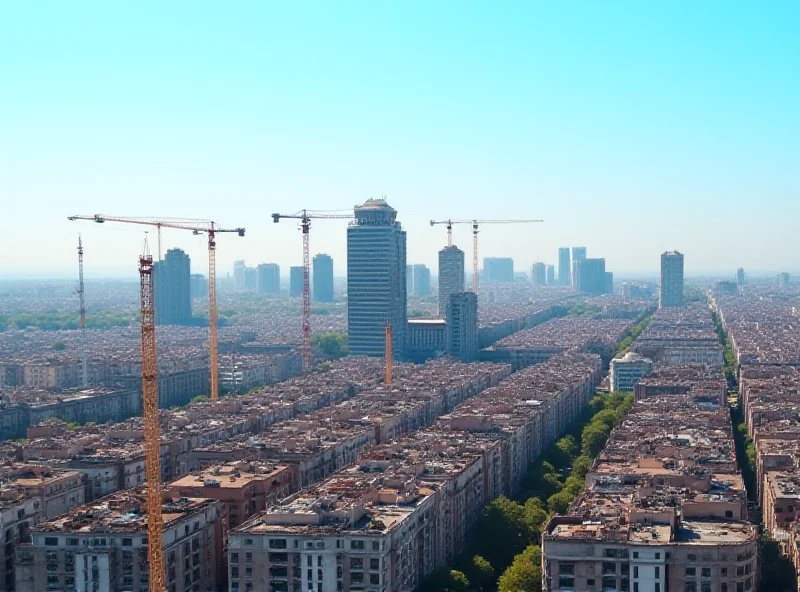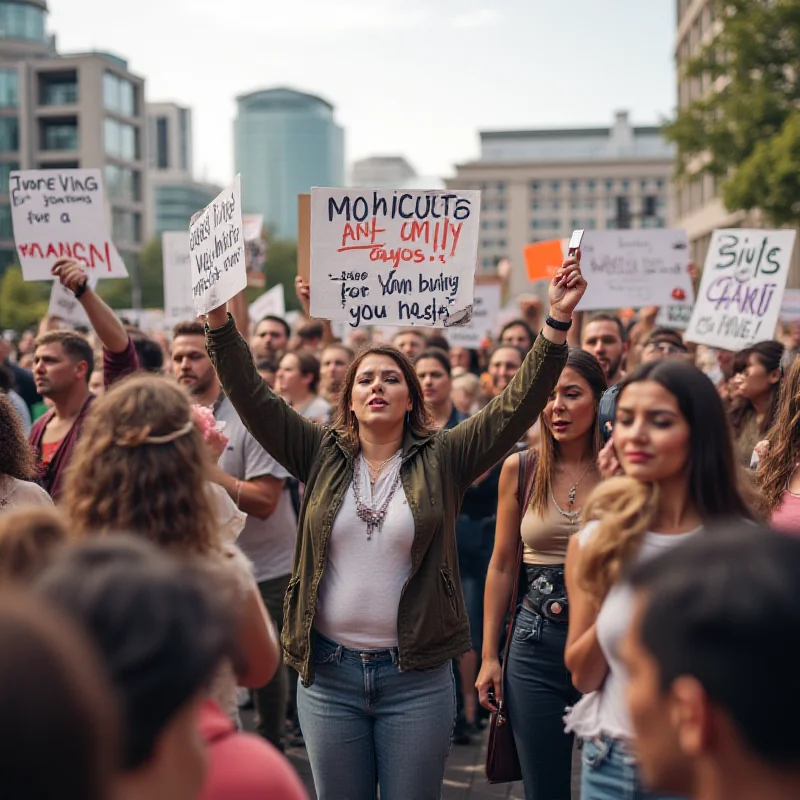Milan is grappling with a corruption scandal involving urban planning, while simultaneously facing criticism over alleged media censorship. These separate yet significant events are raising concerns about transparency and accountability in Italy.
Milan Urban Planning Under Scrutiny
A major investigation is underway in Milan concerning potential corruption within the city's urban planning department. At the center of the probe is Giovanni Oggioni, a former executive and until 2024 the vice president of the Landscape Commission. He has been placed under house arrest on charges of accepting money from builders to influence public tenders. The accusations suggest a serious breach of trust and a potential undermining of fair competition in the awarding of public contracts.

Authorities are conducting extensive searches as part of the investigation. Furthermore, bans have been imposed on two public officials and an architect, indicating the breadth of the alleged corruption network. The construction association Assimpredil is also reportedly under investigation, suggesting the scandal could involve a wider range of stakeholders within the industry.
This investigation raises serious questions about the integrity of the urban planning process in Milan. It highlights the need for increased oversight and stricter regulations to prevent such alleged corruption from occurring in the future.
Media Censorship Allegations Against Tg1
In related news, national broadcaster Tg1 is facing accusations of censorship following its coverage of a recent magistrates' strike. The broadcaster allegedly refrained from showing any images of the demonstrations, which took place in cities from Milan to Naples. Critics also claim that Tg1 failed to report on the methods by which the strike was conducted, even during its prime-time 8:00 PM broadcast.

The decision not to cover the strike adequately has sparked outrage from groups such as Cdr and Usigrai, who argue that it represents a failure to fulfill Tg1's public service obligations. They contend that the public has a right to know about important events like the magistrates' strike and that suppressing such information is a disservice to the principles of journalistic integrity.
"This is not a public service," declared a representative from Usigrai, highlighting the sentiment among journalists and media watchdogs.
The controversy surrounding Tg1's coverage underscores the ongoing debate about media independence and the role of state-owned broadcasters in a democratic society. The allegations of censorship raise concerns about the potential for political interference and the need for greater transparency in media reporting.

These two separate incidents – the urban planning corruption investigation in Milan and the media censorship allegations against Tg1 – paint a concerning picture. Both events highlight the importance of vigilance in safeguarding transparency, accountability, and the public's right to information.
